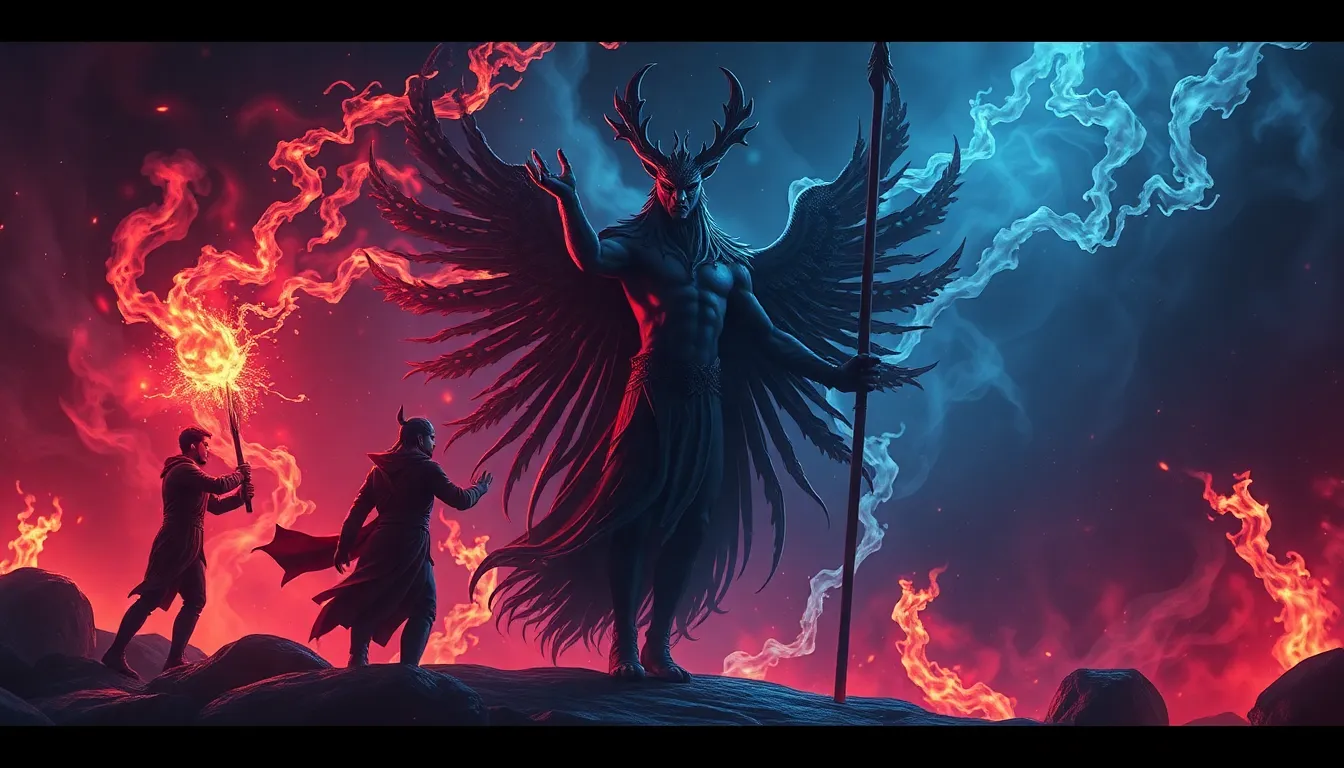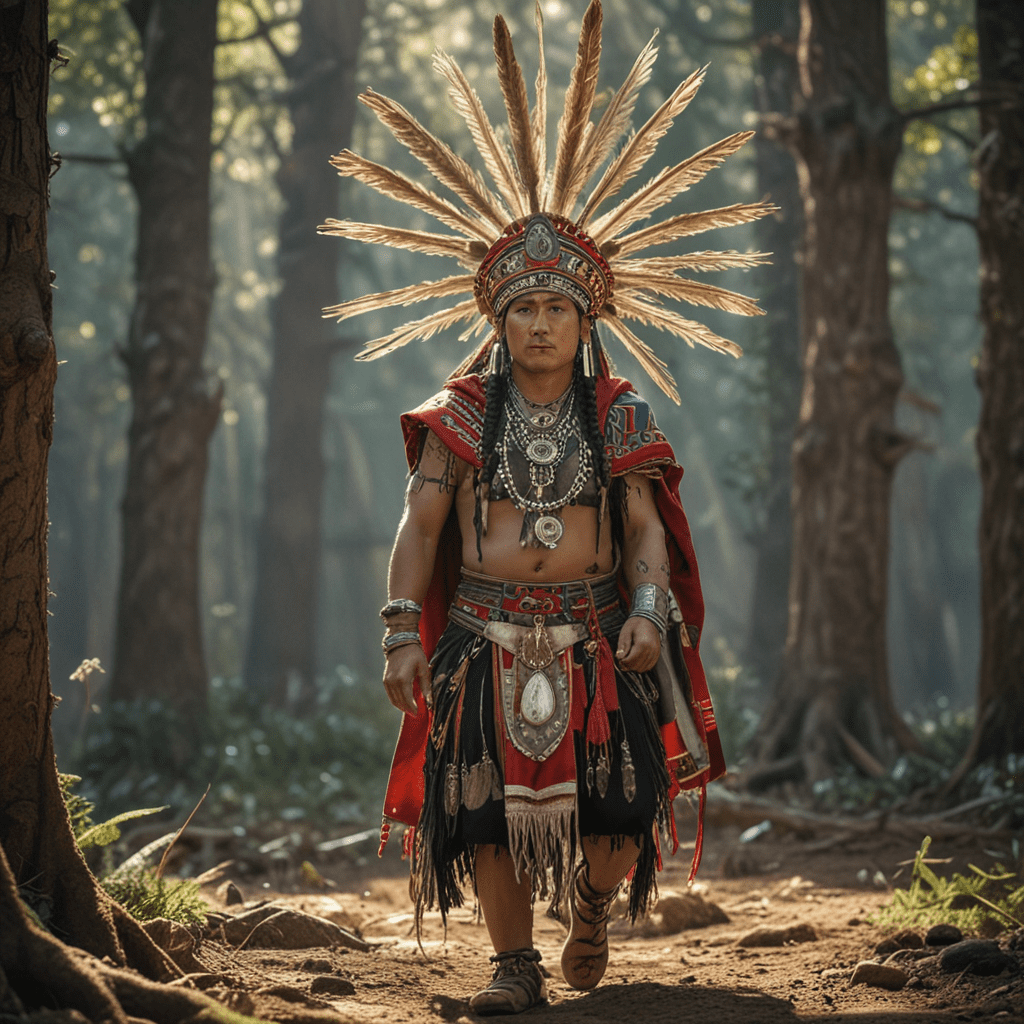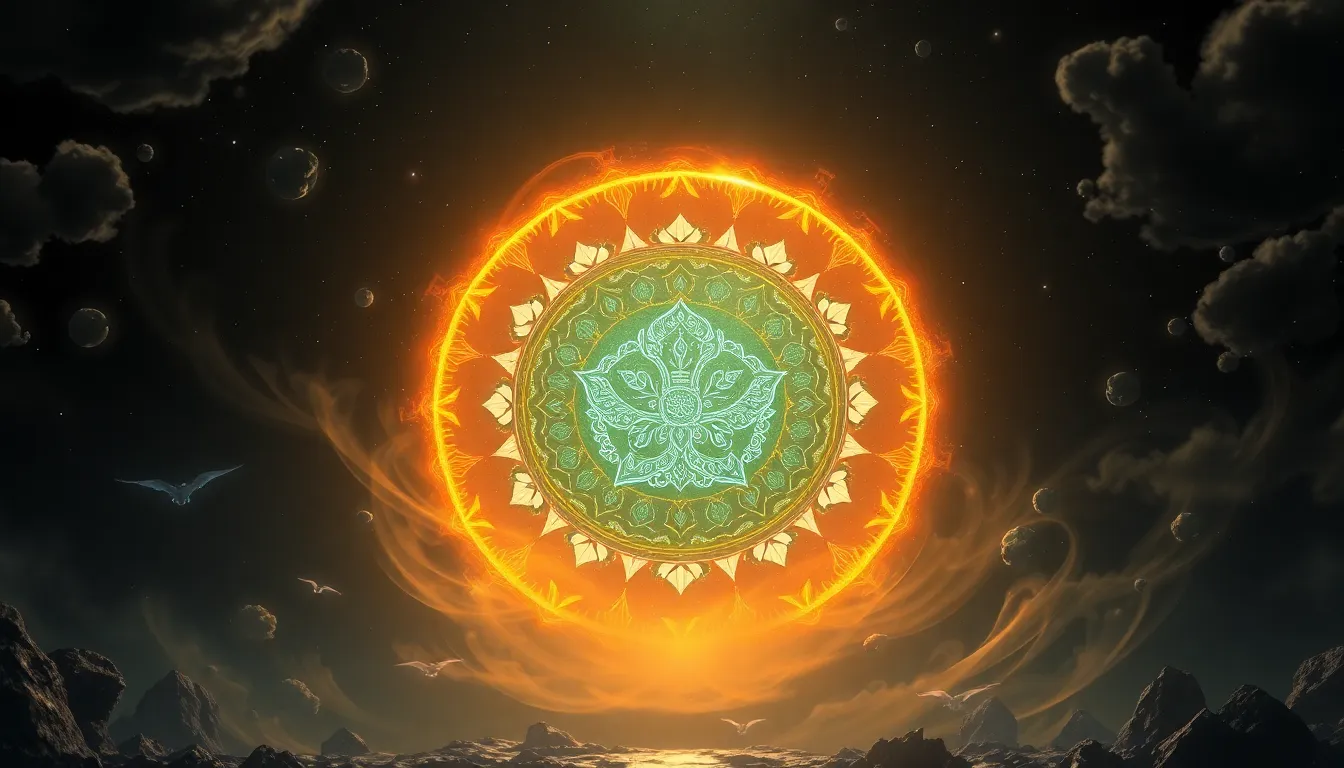Unlocking the Secrets of Cultural Hero Myths: An In-Depth Exploration
I. Introduction to Cultural Hero Myths
Cultural hero myths are narratives that celebrate figures who embody the ideals and values of a particular society. These heroes often undertake extraordinary journeys, overcoming obstacles to achieve greatness, and serve as symbols of hope and inspiration for their communities.
Hero myths hold a significant place in the tapestry of various cultures, reflecting the collective aspirations, challenges, and moral frameworks of the people. They are more than just stories; they resonate with our deepest psychological needs and societal structures.
This article aims to delve into the multifaceted world of cultural hero myths, exploring their roles, historical contexts, themes, and contemporary relevance. We will examine how these narratives shape our identities and influence societal values across different cultures.
II. The Role of Heroes in Society
Heroes play a crucial role in society, serving as archetypes that embody the values and aspirations of their communities. Understanding their significance can provide insights into human psychology and social dynamics.
A. Psychological significance of heroes
From a psychological perspective, heroes fulfill several important functions:
- They provide models of courage and resilience.
- They inspire individuals to pursue their own potential.
- They offer a sense of belonging to a larger narrative.
B. Heroes as moral exemplars
Heroes often embody moral virtues such as bravery, integrity, and selflessness. They serve as benchmarks against which individuals measure their own actions, promoting ethical behavior within society.
C. The impact of heroes on cultural identity
Heroes contribute significantly to cultural identity by encapsulating the collective values and historical experiences of a community. They can unite people across generations and serve as a source of pride and inspiration.
III. Historical Context of Hero Myths
The origins of hero myths can be traced back to ancient civilizations, where they served both entertainment and educational purposes. Over time, these myths have evolved, reflecting changing societal values and norms.
A. Origins of hero myths in ancient civilizations
In ancient cultures, heroes often emerged from mythological tales, such as Gilgamesh in Mesopotamia or Hercules in Greek mythology. These figures engaged in epic quests that symbolized humanity’s struggles against nature and the unknown.
B. Evolution of hero archetypes through history
As societies developed, so too did the archetypes of heroes. From the chivalric knights of the Middle Ages to the modern-day superheroes, these figures have adapted to reflect contemporary values and challenges.
C. Case studies: Prominent hero myths from different cultures
Several hero myths stand out across various cultures:
- Beowulf: A quintessential hero of Anglo-Saxon literature, known for his battles against monstrous foes.
- Mahabharata: Features heroes like Arjuna, who represents duty and righteousness in the face of moral dilemmas.
- Maui: In Polynesian myth, Maui is a demigod who embodies cleverness and resourcefulness.
IV. Common Themes and Motifs in Hero Myths
Hero myths often share common themes and motifs that highlight the universal nature of the hero’s journey.
A. The hero’s journey: Stages and transformations
The hero’s journey typically includes stages such as:
- The call to adventure
- The initiation and trials
- The return with newfound wisdom
B. The role of mentors and allies
Heroes often receive guidance from mentors and support from allies, reinforcing the importance of community and collaboration in overcoming challenges.
C. Confronting evil: The battle between good and evil
A central theme in many hero myths is the confrontation between good and evil, symbolizing the struggle within each individual and society at large.
V. Cultural Variations in Hero Myths
Hero myths vary significantly across cultures, shaped by historical context, values, and social structures.
A. Comparison of Western and Eastern hero myths
While Western hero myths often emphasize individualism and personal triumph, Eastern narratives may focus on collective harmony and moral duty.
B. Indigenous hero myths and their significance
Indigenous cultures often feature heroes that embody a deep connection to nature and community, reflecting the values of stewardship and reciprocity.
C. Modern reinterpretations of classic hero narratives
Contemporary retellings of hero myths often challenge traditional notions, introducing diverse characters and perspectives that resonate with today’s audiences.
VI. The Psychological and Sociological Impact of Hero Myths
Hero myths have profound effects on both personal development and societal structures.
A. How hero myths influence personal development
Individuals often draw inspiration from hero myths, using them as frameworks for personal growth and self-discovery.
B. The role of hero myths in group dynamics and society
Heroes can unify groups, fostering solidarity and shared purpose during times of crisis and change.
C. Hero myths as tools for social change
Many hero narratives serve as catalysts for social movements, encouraging action and challenging the status quo.
VII. The Intersection of Hero Myths and Popular Culture
In contemporary society, hero myths have found a new expression in popular culture, particularly in literature and film.
A. Adaptations of hero myths in literature and film
Classic hero stories are frequently adapted into modern media, allowing new generations to engage with timeless narratives.
B. The impact of superheroes in contemporary society
Superheroes have become cultural icons, representing not only entertainment but also ideals of justice, courage, and morality.
C. The commercialization of hero myths
The commercialization of hero myths raises questions about authenticity and the ethical implications of commodifying cultural narratives.
VIII. Critiques and Controversies Surrounding Hero Myths
While hero myths hold significant cultural value, they also face critiques and controversies that warrant examination.
A. The danger of idealizing heroes
Idealizing heroes can lead to unrealistic expectations and disillusionment when they fail to meet those standards.
B. The representation of gender and race in hero myths
Many hero myths have been critiqued for perpetuating stereotypes and excluding marginalized voices, highlighting the need for more inclusive narratives.
C. Deconstructing the notion of the ‘flawed hero’
The concept of the flawed hero invites a deeper exploration of human complexity, acknowledging that imperfection can coexist with heroism.
IX. The Future of Hero Myths in a Globalized World
As the world becomes increasingly interconnected, hero myths are evolving to reflect global narratives.
A. Emerging hero myths in the digital age
The digital age has given rise to new heroes, often emerging from social movements and online platforms, challenging traditional narratives.
B. The blending of cultural narratives in a global context
Globalization has facilitated the exchange of cultural narratives, leading to hybrid hero myths that draw from multiple traditions.
C. Potential for new heroes in addressing contemporary issues
New heroes are emerging to tackle pressing global challenges, such as climate change, social justice, and equality, reflecting the evolving nature of heroism.
X. Conclusion: The Enduring Power of Hero Myths
In conclusion, cultural hero myths serve as powerful narratives that shape our understanding of identity, morality, and society. They



